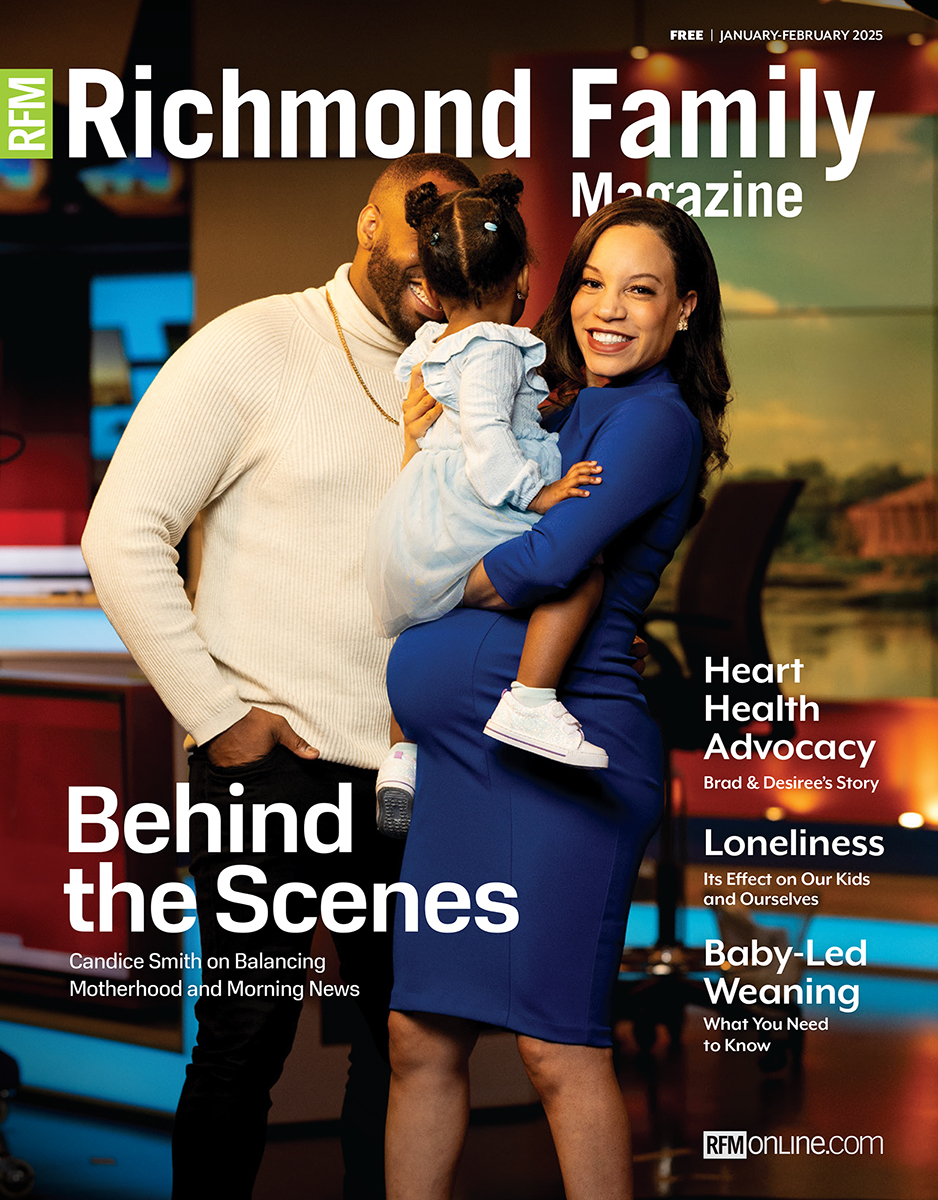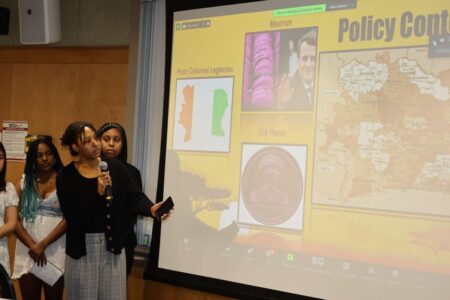On March 14, 2022, United Nations Secretary-General António Guterres opened the sixty-sixth session of the Commission on the Status of Women emphasizing that “women and girls must be front and center, leading the way if we are to effectively tackle the widespread and interlinked crises of climate change, pollution, desertification and biodiversity loss, COVID-19, and regional and other conflicts that affect us all.”
While women have made strides in the United States to integrate political and economic arenas, women – and particularly, women of color – remain underrepresented in the higher ranks of leadership and administration, as well as policy- and decision-making. The expansion of women’s participation and leadership in public policy, public administration, and international affairs is essential to ensure more resilient households, organizations, communities, and societies.
Exposure to the academic disciplines of political science, public administration, public health, public policy, policy leadership, and the social sciences is critical to achieving gender equality and empowering women and girls worldwide. Lived experiences are inspiring, too.
Daisha Singleton, a Manchester High School junior who lives in Chesterfield County with her family, says her interests in public policy and advocacy were sparked through her work with her church when she learned she could make a difference in her community. She’s exploring coursework in policy and hopes to work at an organization dedicated to serving the less fortunate people in her community.
Richmond native Chandler Holeman, a junior at Open High School, shared that her interest in public policy and criminal justice was piqued in elementary school when she heard about Freddie Gray’s death in police custody. That’s when she began thinking about how bias can determine the outcome of a situation. As a young girl, she had heard the terms police brutality and systemic racism, but did not understand what they truly meant for people of color. Chandler plans to study pre-med and criminal law in college. She says her academic pursuits focus on integrating her knowledge about health care policy and her personal and professional experiences with health care disparities to help people navigate these situations.
Turning Education into a Career
Colleges and universities are increasingly reaching out to prospective students, particularly young women like Daisha and Chandler. Individuals can also begin many careers after graduating from high school or after completing two-year associate degree programs.
There are numerous career paths which fall under the umbrella of public administration and policy, including civil service positions at the local, county, state, and federal levels. Public administrators include elected officials, analysts, legal and financial authorities, communications experts, developers, public school teachers, social workers, law enforcement agents, researchers, human resource management professionals, and military service members.
Young people who are active in advocacy, civics, and social justice, and interested in government and policy, might consider careers in state and federal departments that manage commerce, defense, fish and wildlife, agriculture, corrections, housing, and more. Students could also look at working with legislative bodies or in the offices of elected or appointed officials. Students should also investigate employment opportunities with colleges and universities, as well as the corporate and nonprofit sectors.
Programs to Investigate
High school students who enjoy learning about the environment, nature, and the impact of climate change might explore academic programs like Virginia Tech’s environmental policy and planning major that equips graduates to tackle the protection, preservation, and defense of the environment. Virginia Tech also has a new smart and sustainable cities major, which focuses on establishing renewable, equitable practices in urban development. Both programs are interdisciplinary and integrate different frameworks for viable solutions in the public-facing problem space.
In Richmond, two institutes that prioritize the training of women are the Grace E. Harris Leadership Institute (GEHLI), established in 1999 as part of VCU’s L. Douglas Wilder School of Government and Public Affairs, and the Ruth Coles Harris Leadership Institute (RCHLI), founded in 2018 at Virginia Union University. GEHLI helps develop emerging leaders in academic institutions and other public and private organizations and is committed to nurturing the next generation of leaders through training programs and opportunities. RCHLI at VUU offers leadership lecture series to students, workshops for professionals, and seminars to the community. Both programs also offer certificates for professionals who seek to enhance their knowledge of leadership skills.
The availability and promotion of policy coursework in high school and college for girls and women can help dismantle the psychological, cultural, systemic, and structural barriers that limit their full participation in public policy, public administration, and government. To address inequities in education and public service, we must encourage, empower, and celebrate our children’s involvement in civic affairs, public policy, social sciences, and social justice and hold up exceptional young women like Daisha and Chandler.







